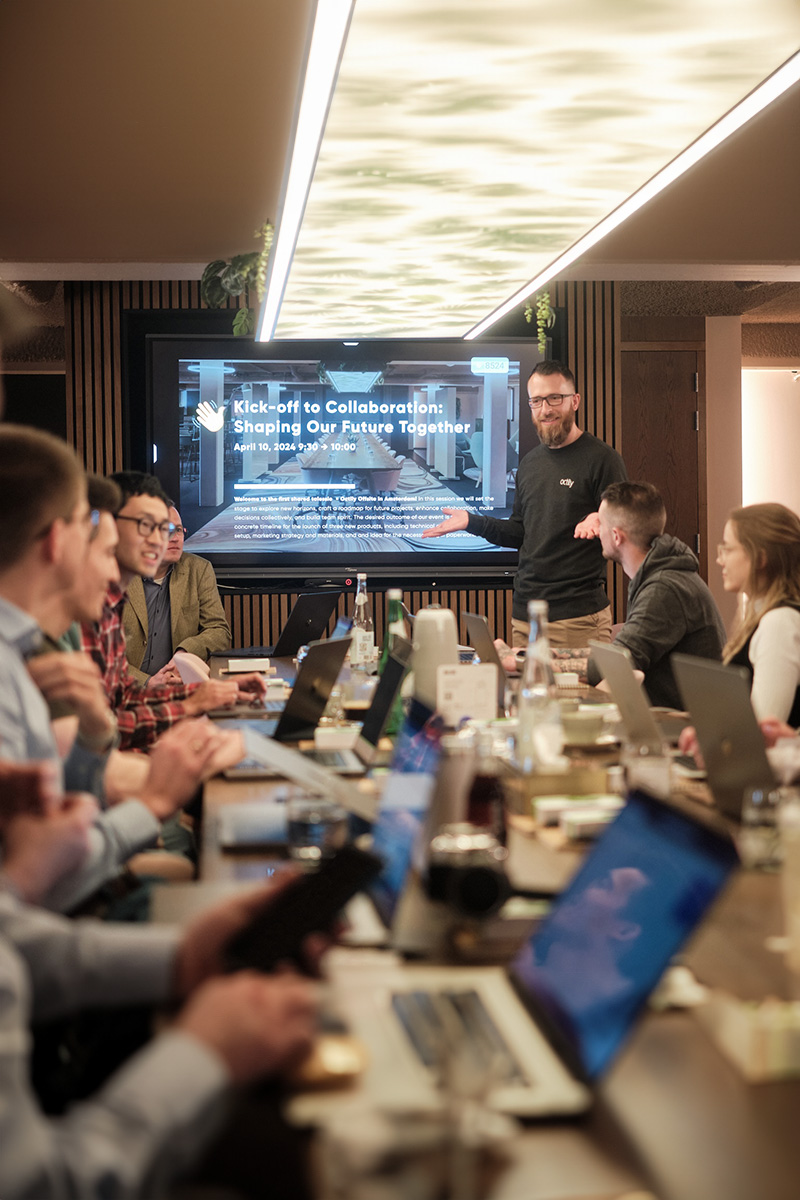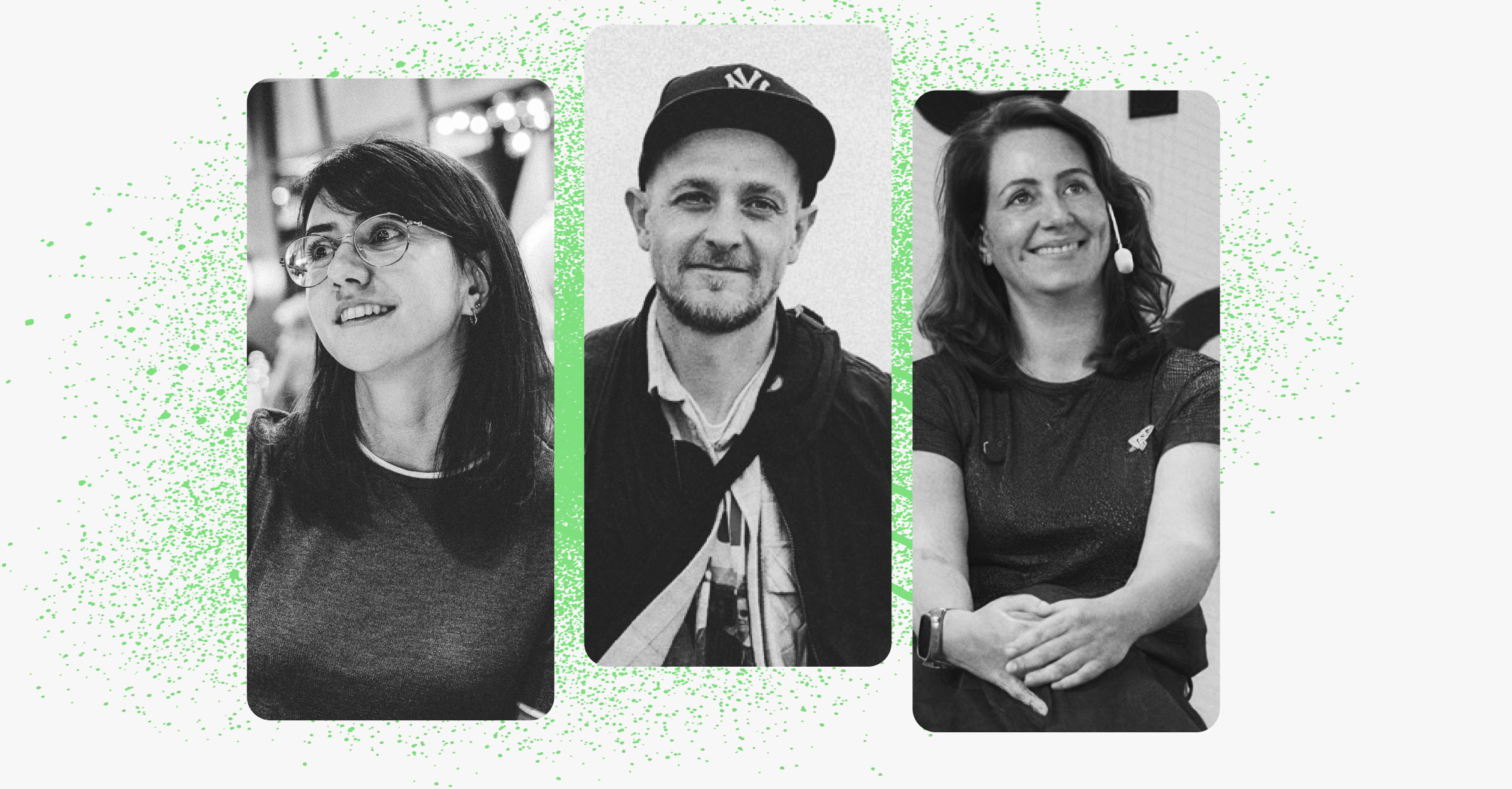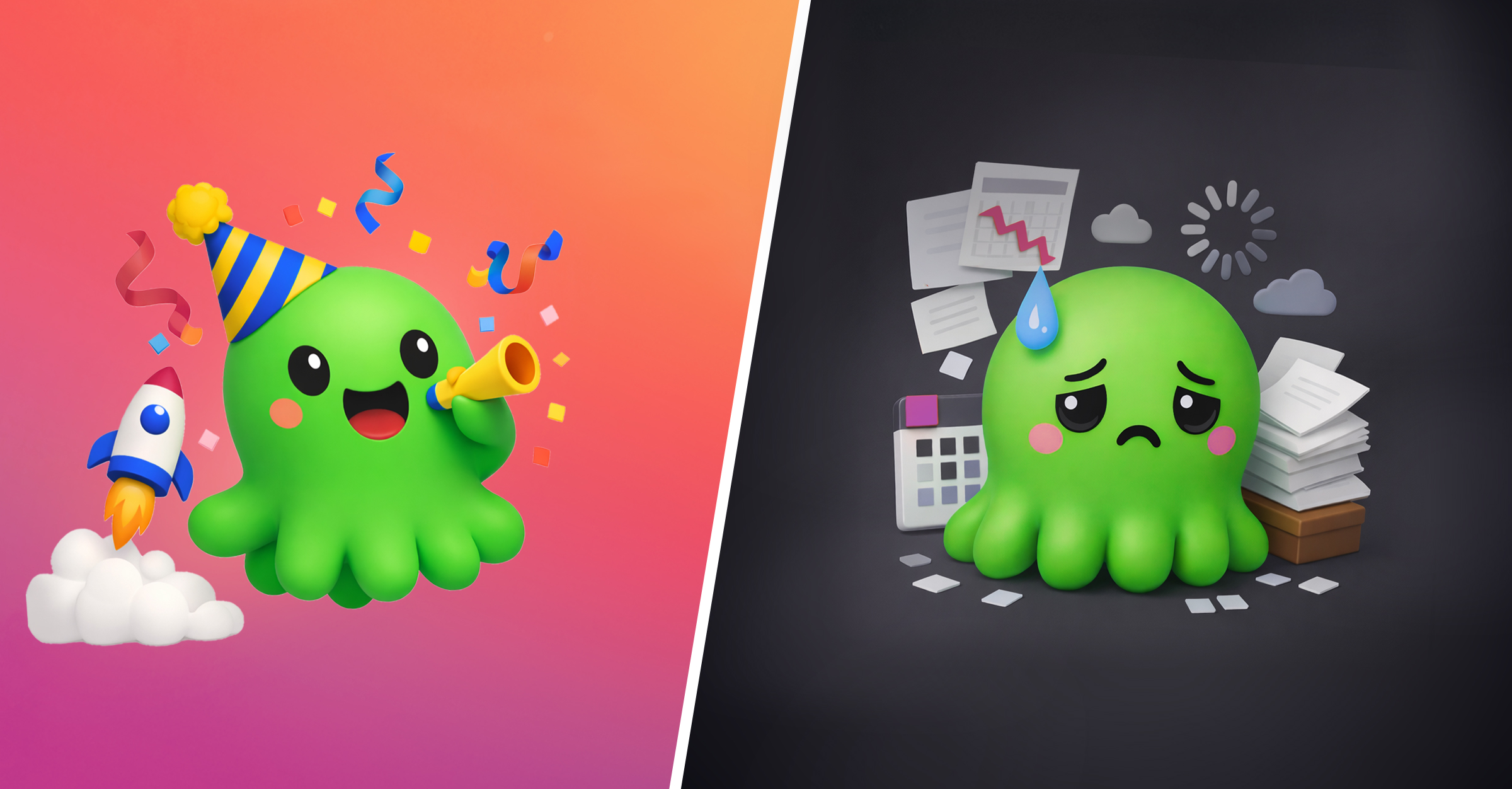Resilience and Emotional Intelligence Are Shaping the Future of Work
Emotional intelligence is not about rainbows and unicorns.
It is about managing emotions — yours and everyone else’s — in the moments that matter. It is the hard work that keeps teams moving forward instead of falling apart when stress hits.
Burnout isn’t just a buzzword anymore. The World Health Organization has even classified it as an occupational phenomenon. And Gallup reports that 44% of employees worldwide feel a lot of stress on a daily basis. That figure has stayed at record-high levels since the pandemic.
Hybrid work, constant change, and the pressure to adapt overnight are part of daily life. Technical skills matter, of course, but they don’t shield people from fatigue, disengagement, or the quiet voice asking, “Is this sustainable?”
That’s where “human skills” step in. Resilience, empathy, adaptability, and emotional intelligence aren’t just nice-to-have qualities. They are what keep teams connected, motivated, and ready to face change. More and more companies are realizing these skills belong at the heart of learning and development.
Why human skills matter more than ever
AI is racing ahead, taking over many of the tasks that used to fill people’s days. Reports, scheduling, data crunching. Much of it is now automated. What is left are the areas machines cannot reach.
Think about a project deadline that suddenly shifts. A system can update the timeline. Only people can calm the team, weigh the trade-offs, and keep motivation alive. Or consider a tense client conversation. A bot can surface the facts. Empathy builds trust, resolves the conflict, and protects the relationship.
That is why skills like empathy, resilience, and adaptability are no longer “soft.” They are the skills that decide whether a team makes it through change or burns out in the process.
And employees see the gap clearly. In a Deloitte survey, 87% said human skills like adaptability, leadership, and communication are essential for career growth, but only 52% felt their organization valued those skills more than technical ones. That disconnect shows why learning and development is stepping in to close the gap.
The real impact of resilience and emotional intelligence
It is easy to think of resilience and emotional intelligence as “extras.” In reality, they shape how people cope, collaborate, and stay engaged.
- Resilience helps people handle stress without slipping into burnout. It builds the confidence to deal with constant change, from shifting strategies to new technologies. Research shows resilient employees are more engaged and less likely to leave when pressure rises.
- Emotional intelligence makes collaboration smoother. Teams with higher EQ communicate better, resolve conflicts faster, and create trust. Studies link stronger EQ to higher job satisfaction, stronger commitment to the organisation, and lower stress levels.
When people feel supported and capable, they tend to stay longer, contribute more, and perform better. Investing in these skills is not just about wellbeing. It is a practical way to strengthen performance, retention, and culture.
Where L&D can make a difference
Microlearning on stress management
Short, accessible sessions that give employees quick tools to manage stress before it builds up.
Peer-to-peer coaching programs
Encourage employees to support one another, share experiences, and build resilience together.
Building safe spaces for feedback and reflection
Creating open forums or regular check-ins where employees feel safe to talk about challenges, successes, and lessons learned.
Embedding wellbeing topics in leadership training
Managers set the tone. Including resilience and emotional intelligence in leadership development ensures these skills cascade through the whole organisation.
How we can work on this together
Wellbeing and human skills only create real change when they move beyond isolated workshops or one-off programs. They need to become part of how people learn, communicate, and experience their workplace every day. That can be a challenge for many organisations, especially when balancing busy agendas and competing priorities.
This is where collaboration makes the difference. We often step in to help bring these ideas to life in ways that feel natural and lasting:
-
Learning design
Creating tailored Cornerstone custom pages and resources that make wellbeing content visible, accessible, and easy to engage with. -
Campaign support
Through Octily Creative we work with HR and comms teams to design campaigns that spark conversations around resilience, emotional intelligence, and wellbeing. Think articles, visuals, or campaigns that don’t just sit there but actually get people talking. -
People Strategy
We help set up a people strategy that fits your organisation and goals. It can start small with a single page, a short series, or a campaign, and expand across onboarding, leadership, or engagement as you grow.
By connecting wellbeing to both learning and communication, it becomes part of everyday work culture, not just a side program.
Wellbeing belongs at the core of work
Wellbeing is not a perk anymore. It is not about yoga classes on a Friday or the occasional mindfulness workshop. It is becoming a central priority for learning and development. It is also becoming a driver of engagement, retention, and everyday culture.
By helping employees strengthen resilience, empathy, adaptability, and emotional intelligence, organisations can build workplaces that are not only more productive but also more human. And when learning and communication teams work together to make that happen, the impact lasts.

Putting People at the Center of Learning
Resilience, empathy, and emotional intelligence are not extras. They are the skills that help teams stay strong under pressure and keep workplaces human. When learning and communication are designed with people in mind, wellbeing becomes more than a program. It becomes part of everyday culture.
If you are exploring how to build these skills into your learning strategy or communications, we would love to connect. Share your challenge with us.
Get in touch, send an email, or book a meeting. We would love to explore what we can create together.


